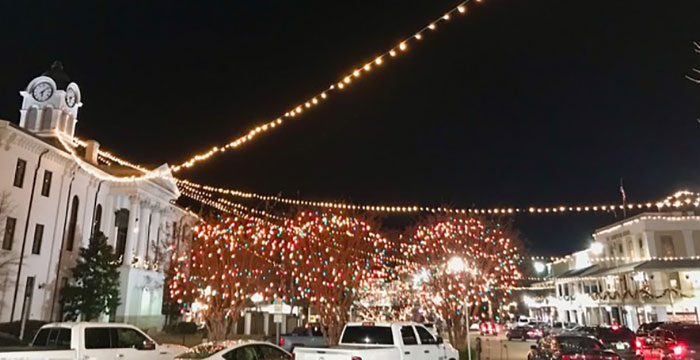“Could you come to ‘labor and delivery’? We’ve had a fetal demise and the family would like a chaplain,” the nurse said. She had paged me at 5:30 AM last Monday. I told her I could be there in a half-hour.
We have a volunteer on-call chaplain program at Loudoun Hospital near Leesburg, Virginia, for just such an event. It was my turn.
The small ritual of prayer to the bedside
I entered the room and found the young mother in her bed with the father of the child sitting next to her. Her mother was in the chair next to the bed. She went into labor at 20 weeks and, of course, the baby did not survive. All in the room were very quiet. I said, “I heard you lost your baby. I am so sorry.” The mother nodded her head as she just looked down. They did not seem in the mood to talk much. I asked if they would like to have a prayer and they said, “Yes.”
It was a short visit. I offered my pastoral presence and brought the small ritual of prayer to the bedside.
I am glad to do what I can but I often am sorry that those I am called to meet did not have their own faith community to call on in such an emergency. Losing a pregnancy needs more than just a prayer. What about grief counseling? How could a faith community support this family in their loss?
This family needed more than a quick prayer
Contrast this visit to one I made a while back to the emergency room. The rescue squad was heading toward the hospital with a man who had suffered what turned out to be a fatal heart attack. The ER staff wanted a chaplain there to comfort the family. The man was in his 50s and there were two children and his wife. He had no history of heart problems and just collapsed and died.
One of the first questions I asked the family was if they had a faith community. They immediately said yes and gave me the church name and pastor’s name. I called him. He was shocked and distraught over this death of a friend and parishioner. Of course he would be right over. I stayed until he arrived.
Again, this family needed more than a quick prayer next to the dead husband and father. They had funeral plans to make then the long road of grief to follow.
America is still a very religious and spiritual nation. But more and more of our population are not connected to any faith community. Those who answer “None” on surveys asking religious preference are at an all-time high. These “nones” might consider themselves spiritual but not religious.
Spiritual needs are great yet many people have no place to turn
As a healthcare chaplain I run into these folks all the time. That is why medical facilities have staff chaplains. The spiritual needs in the midst of a health crisis are great yet many people have no place to turn. I like to think the future employment opportunities for chaplains are good given the need.
Of course, I wish more people had their own faith community to turn to. I remember in my days as a nursing home chaplain I could judge how important spiritual things were to a new patient just by reading their admission papers. The response to “religious preference” and “congregation” ran from “none” to “Christian” or “Jewish” to something like “First Methodist Church” to even including the pastor’s name and phone number. The more details I got on the form showed me someone who took their faith more seriously.
I don’t want to come across here as judging people for not going to worship somewhere. But I wish people stopped to think, “Who would I call if there were a sudden death in my family?” If the faith element is important then find a community now. Most faith communities handle crises very well. They are there when you need them. Sure, we can scurry around and find a volunteer to show up for a few minutes. But faith communities have so much more to offer.
Photo by Jonnica Hill on Unsplash





